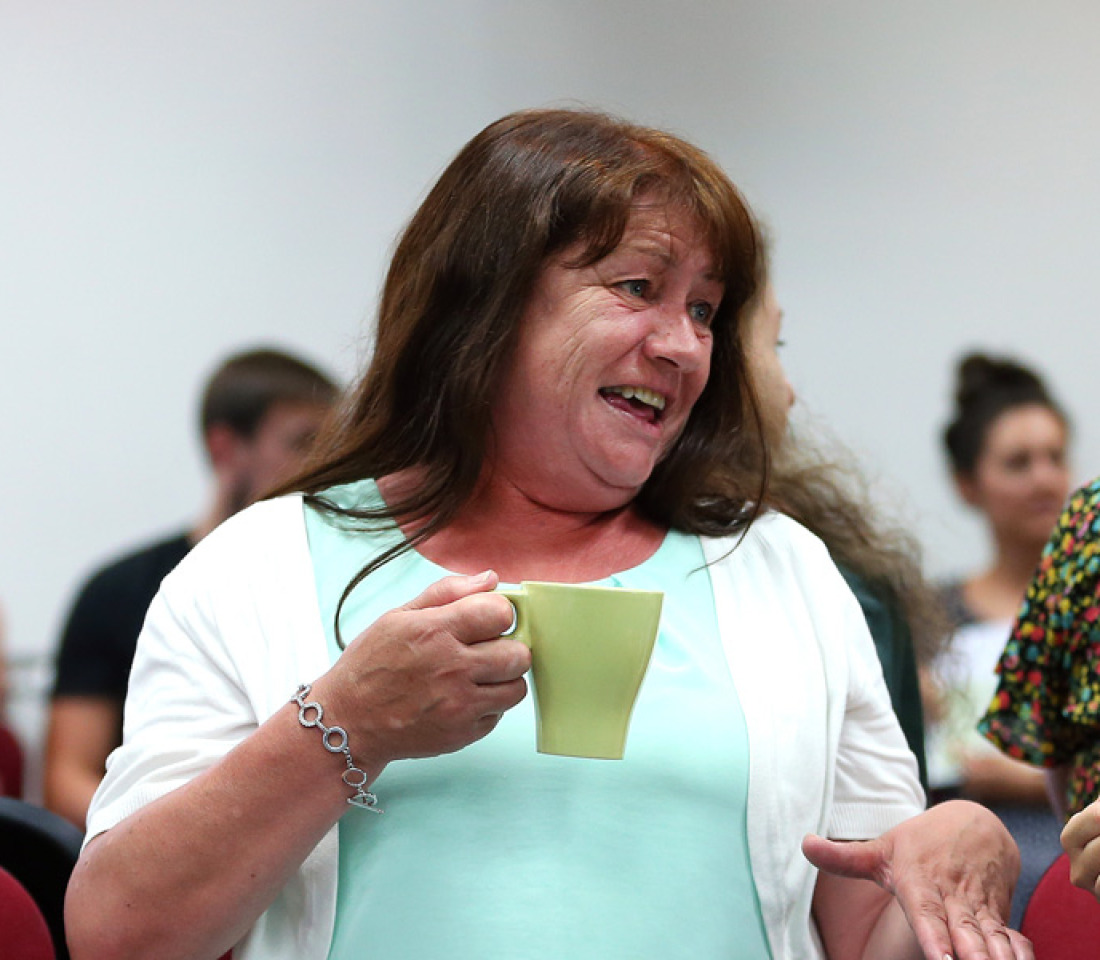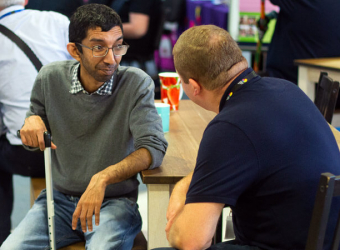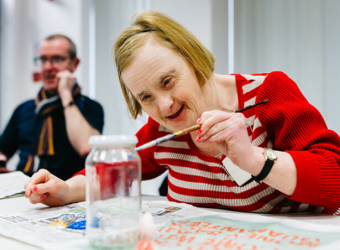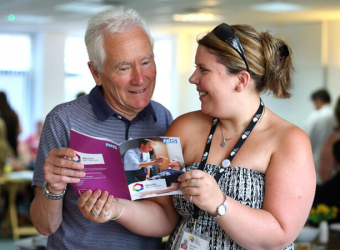What is autism?
Autism is a lifelong developmental condition – not an illness or disease. People who are autistic can communicate and interact differently with the world.
Autism is a spectrum condition, meaning it affects everyone differently.
Asperger’s syndrome is now recognised as a form of autism, which includes a range of conditions that were previously considered separate diagnoses.
What causes autism?
The exact causes of autism are not yet fully understood, but it is believed to be a complex interplay of genetic and environmental factors.
Autism can affect people in the same family and in some cases appears to be passed down from parent to child.
Studies have identified several genes that may contribute to the disorder. However, it is important to note that autism is a complex and heterogeneous condition, and there is no single gene or group of genes that can account for all cases of autism.
What are the symptoms of autism?
Autism affects everyone differently, but people with autism may:
- Have difficulties with social communication and find it hard to interact with others.
- Struggle with social interactions, recognising or understanding how other people feel and expressing their own emotions.
- Experience restrictive behaviours. Autistic people may like to stick to a set routine and changes to this or unfamiliar situations can be distressing and cause anxiety.
- Feel over-sensitivity or under-sensitivity to senses such as light, sound, taste or touch.
- Have restricted and highly focused interests and hobbies.
- Experience meltdowns and shutdowns when a situation becomes too overwhelming.
Autistic people often also have other conditions, such as ADHD and dyslexia. Many people with autism also experience severe anxiety.


















